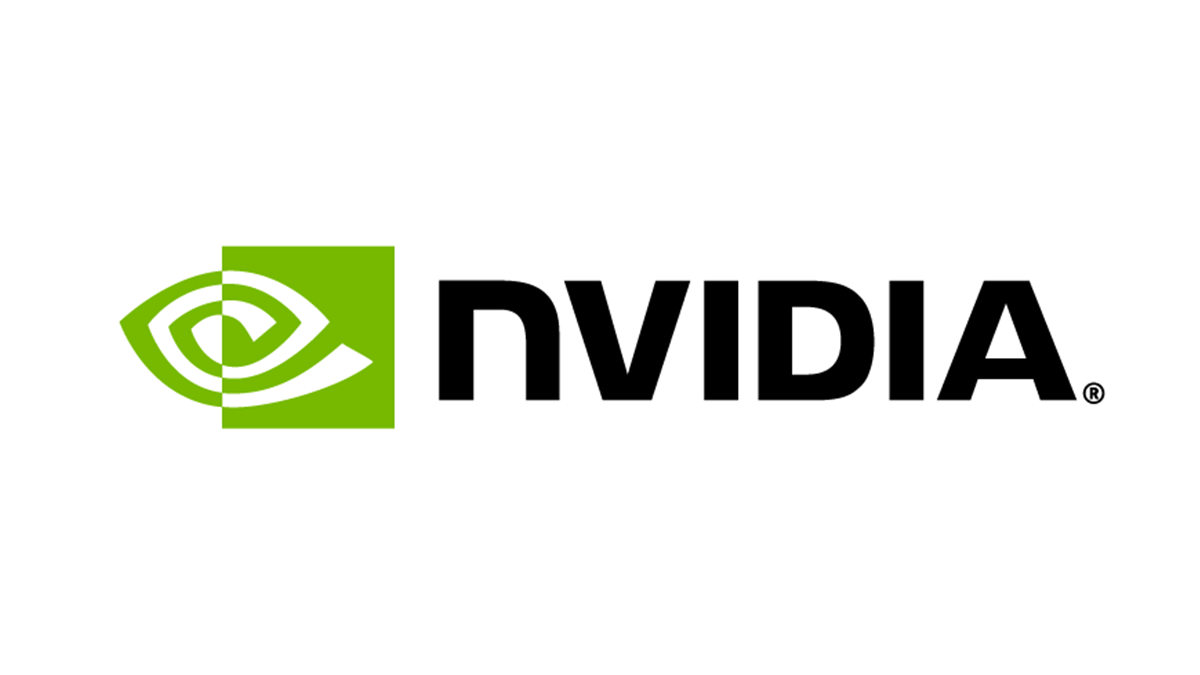Due to the strong demand for artificial intelligence (AI) technology, Samsung Electronics revealed a startling 1,458% growth in operational profit, Samsung profit surge for the second quarter, exceeding forecasts. The company’s operating profit and revenue surpassed analysts’ projections, demonstrating its supremacy in the advanced memory chip market—which is crucial for AI training.
Overview of Financial Performance
Based on LSEG statistics, Samsung’s second-quarter performance were as follows, compared to analyst estimates:
• Revenue totaled 74.07 trillion Korean won, or around $53.45 billion, above projections.
• Operating Profit: 10.44 trillion Korean won, above the forecast of 9.53 trillion won.
Samsung reported a remarkable 1,458.2% gain in operating profit in the June quarter, along with a 23.42% year-over-year growth in revenue.
The Reasons for the Extraordinary Development
Samsung provided an explanation for this exceptional performance, Samsung profit surge stating that more AI spending from its customers was the cause of the rise in demand for both high-bandwidth and conventional memory types, like dynamic random access memory (DRAM).
Samsung predicts that there will be a significant market for AI-related server solutions going forward, including SSDs, server DRAM, and HBM (high-bandwidth memory). The business added that the supply of conventional memory chips may be further constrained if capacity is increased to match the demand for HBM and server DRAM.
Strategic Plans for the Second Half
Samsung revealed plans to meet the demand for AI during its results call. These goals include growing the production and sales of HBM3E, the company’s most recent AI memory product, and boosting SSD sales, which are crucial for AI servers. Consistent with its quarterly distribution target of around 2.45 trillion won, the business also revealed that it will distribute a dividend of 361 won for each common and preferred share in the second quarter. We expect payment by the end of August.
Wednesday morning saw a gain of up to 1.35% in Samsung’s shares.
Memory Market Dynamics
The world’s top memory chip producers, Samsung Electronics and SK Hynix, have reaped substantial benefits from the growing demand for HBM memory chips, which are essential for AI technology.
CLSA predicts that memory costs will climb during the upcoming quarters and that Samsung Electronics’ profitability will rise steadily through 2025. This assurance follows memory chip prices’ recovery in 2023 due to AI enthusiasm, following a large fall in demand following the Covid pandemic.
SK Recent AI semiconductor roadmaps from Nvidia and other global chip makers indicate that memory prices would continue to grow until early 2025, as noted by Kim of Daiwa Capital Markets. Given the huge demand for HBM and high-density enterprise SSDs, which require more wafers and longer production lead times, there is a growing concern about memory availability.

Competitive Landscape
According to reports, Samsung has cleared testing to use its HBM3 chips in Nvidia processors intended for the Chinese market. After posting its biggest quarterly profit since Q2 2018, SK Hynix is still Nvidia’s top supplier of HBM3 chips. This is after the company lost 2.88 trillion won during the same period the previous year.
Smartphone Market Insights
In contrast, smartphone sales declined in the second quarter, influenced by the “base effect” of new model launches in the previous quarter.
Still, there was a lot of demand for the Galaxy S24 series. Samsung stated that although if the demand for smartphones fell sequentially in this usually slower quarter, it still expects growth in the luxury segment in the second half of the year, even though the mass market is probably going to slow down.
Profitability in Samsung’s smartphone sector also fell as the cost of key components rose. The company plans to continue promoting its premium Galaxy AI products, with recent global launches including the Galaxy Z Fold6, Z Flip6, Watch Ultra, and Ring.
Samsung remains committed to enhancing Galaxy AI functionality to secure long-term growth. Counterpoint Research predicts an uptick in Samsung’s operational performance in the latter half of the year, primarily driven by memory chips and a trend toward premium smartphones.
Neil Shah, research vice president at Counterpoint Research, remarked that SK Hynix and Micron will continue to challenge Samsung in the memory sector, both in AI-related areas with HBM growth and in the AI smartphone and PC markets through strategic collaborations with key computing players such as Qualcomm, Intel, and Nvidia.
For more latest news checkout our website: latestglobalinsight